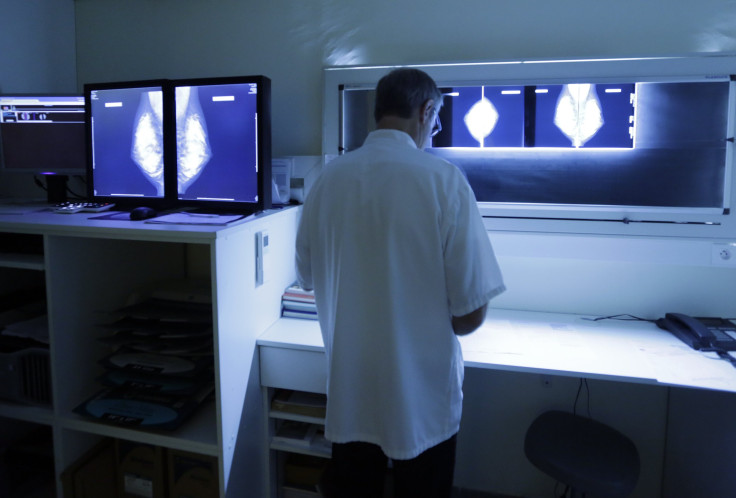Breast Cancer More Common In Women With Family History Of Prostate Cancer

Despite a wealth of data supporting the argument that both prostate cancer and breast cancer appear more often in families with a history of each type, far less research into these cancers, which are the most common among men and women, respectively, has looked at the risks of developing one if there is a family history of the other. But a new study has investigated and discovered that link.
While not always the most fatal, prostate cancer and breast cancer remain the most commonly diagnosed cancers among men and women. The Centers for Disease Control and Prevention estimates 128.3 men for every 100,000 suffer from prostate cancer, while 122 women per 100,000 suffer from breast cancer — both diseases nearly twice as common as the next form, lung cancer. New evidence suggests the genetic link between the two cancers may be stronger than previously thought.
“This is not the first study to examine this relationship,” said Jennifer L. Beebe-Dimmer, lead author of the study from Karmanos Cancer Institute, to Reuters Health. “But it is one of the larger to date, if not the largest study.”
Beebe-Dimmer and her colleagues analyzed data on more than 78,000 women from the Women’s Health Initiative. Each participant was over the age of 50 and cancer-free when the study was launched in 1993. By 2009, roughly 3,500 women had developed breast cancer, and they were 14 percent more likely to have received a diagnosis if someone in their family was already diagnosed with prostate cancer. Women were also 80 percent more likely to develop breast cancer if both prostate and breast cancer ran in their families.
Cancer arises from errors in a person’s DNA during replication. For the last 40 years, scientists have studied the link between prostate cancer and breast cancer via the BRCA1 and BRCA2 genes, which seem to explain some of the clustering, said Mary-Claire King of the University of Washington School of Medicine, adding that other factors may also play a role.
“Both of these cancers are relatively common, so that it is possible when cancers are diagnosed in multiple family members it may be due to chance,” she told Reuters. “It may also be an exposure to something in the environment.”
Ultimately, researchers caution against making a mountain out of a molehill. The greatest determinant for whether someone should undergo genetic testing for the BRCA1 and BRCA2 genes is whether there is a family history of breast or ovarian cancer. Further research is still needed to determine which genes predict a person’s risk for cancer given a first-degree relative’s prior case.
Source: Beebe-Dimmer J, Yee C, Cote M, et al. Familial clustering of breast and prostate cancer and risk of postmenopausal breast cancer in the Women's Health Initiative Study. Cancer. 2015.



























